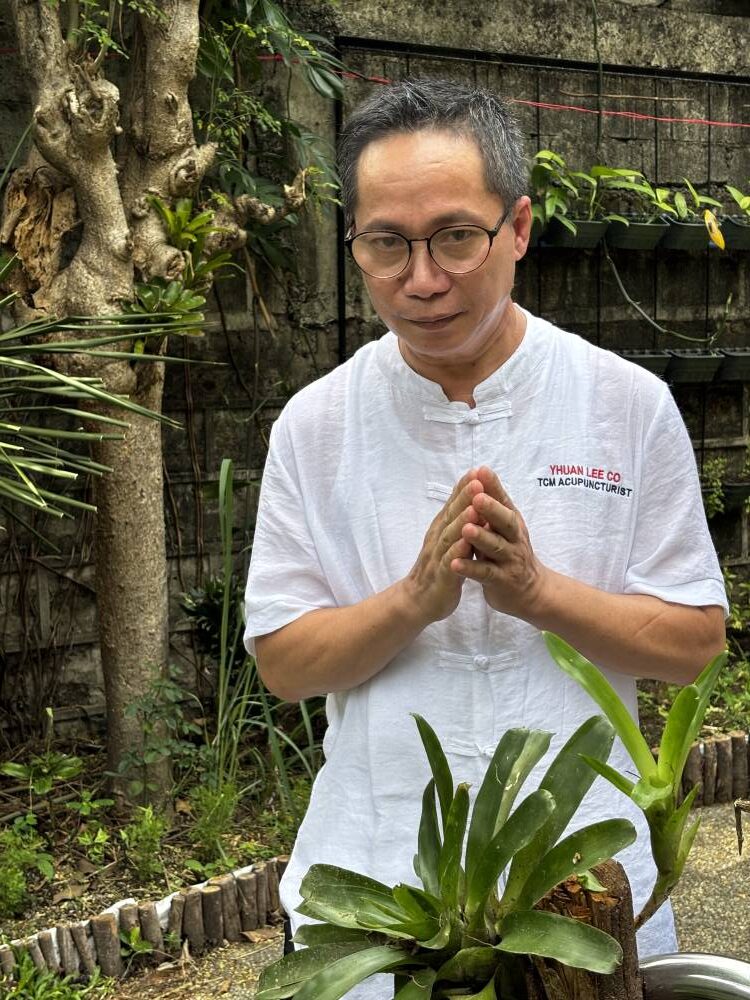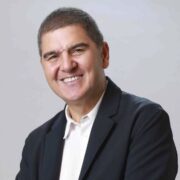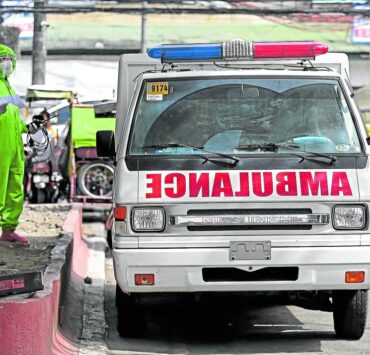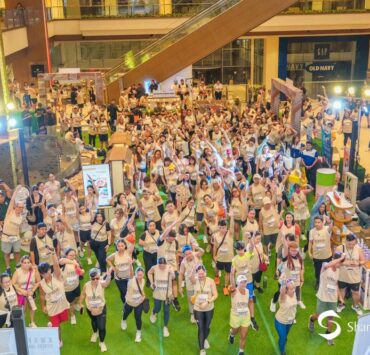Healing beyond the body

Known in elite circles for his dual reputation as an acupuncturist and ghost buster, Yhuan Lee Co is sought after by clients seeking relief from chronic ailments and spiritual disturbances. Born on Nov. 28, 1965, in Bhutan, he was sent as a child to a Buddhist monastery in Paro, a historic valley town in western Bhutan, after his parents struggled to provide for him.
He traces his ancestry to a lineage of Chinese acupuncturists and claims to be a descendant of Master Shen, a high-ranking physician during the Qing Dynasty. Although no historical records verify the claim, family lore tells of a forebear who married a Bhutanese woman and settled in the Himalayan region.
At the monastery, Yhuan spent nearly two decades immersed in Buddhist teachings and the ancient healing arts—acupuncture, moxibustion, cupping, and herbal medicine. He later pursued further training in China, studying traditional Chinese medicine and deepening his knowledge of energy systems and the connection between physical health and spiritual balance.
Five-element acupuncture
Yhuan practices five-element acupuncture, diagnosing patients through subtle signs—skin tone, voice quality, body odor, and pulse—before selecting acupuncture points to restore harmony among the five elements: wood, fire, earth, metal, and water.
Rooted in Chinese philosophy, this method interprets illness as more than physical dysfunction, often tracing it to emotional or spiritual imbalances. “If grief weakens metal or fear overwhelms water,” he explains, “I find where the blockage lies and help release it.” His goal is not just symptom relief but deep, lasting alignment of body, mind, and spirit.
He combines classical technique with modern tools, integrating what he calls the “battery point”—a central hub linked to the heart, lungs, liver, kidneys, and pancreas. Stimulating this point, he believes, influences the body’s life-support systems and sensory functions like taste, touch, smell, and even what he describes as the “sense of healing.” Needling the forehead and temples targets neuropathic symptoms, while ventosa, gua sha, and fire cupping stimulate muscle recovery and qi flow.

He also uses a TENS (Transcutaneous Electrical Nerve Stimulation) machine and long needles heated by fire or electrodes to unblock sciatica. A magnetic needle, designed to remain in the body for three days, is part of his toolkit—but he warns it can be dangerous if incorrectly placed: “It can kill by stimulating toxins if it hits the wrong meridian.”
His sensitivity to energy revealed itself early. At 19, while performing community service outside a temple, Yhuan saw a man being beaten by a group of men and instinctively intervened. “I locked their arms,” he recalls. “I locked their senses. Even their connection to their beliefs.” What he describes was not a martial arts move, but an energetic freeze—disrupting the flow of qi through their assailants’ arms, which he says dulled their senses and slowed their heartbeats. “My purpose was not to harm—only to stop.”
As a consequence, he was forbidden from leaving the temple, a period he now views as the beginning of his initiation. Recognizing his rare ability, temple elders gave him a scholarship to study acupuncture in Hunan, China. From there, he earned his license in Hong Kong and a medical NGO. His work later took him to Japan, where he deepened his training in energy-based healing.
Path to PH
This path eventually led him to the Philippines. At the start of the millennium, he was sent by the foundation to Sulu to treat patients. He later moved to Davao, where he served residents of the penal colony and became the acupuncturist of entrepreneur Honeylet Avanceña, longtime partner of former president Rodrigo Duterte. He claims he also treated several of the city’s top business figures.
Five years ago, he relocated to Pampanga, which he describes as calmer than Manila. There, he holds weekend clinics and on-call sessions at the House of Arogya and offers feng shui consultations.
Yhuan has treated conditions ranging from frigidity and low sexual desire to insomnia, infertility, and poor milk production. While he acknowledges acupuncture cannot cure cancer, he says it can ease symptoms in the early stages and bring relief to those in advanced stages.
“I might not cure stage three or four cancer,” he says, “but I can help lessen the pain and sometimes extend their life by a month or more. With continuous sessions, the body becomes stronger. Pain from tumors—especially brain cancer—can decrease by 75 to 80 percent.”
Outside his clinic, Yhuan leads a quiet humanitarian mission. Each December, he donates food to Aeta communities through the Pinatubo Foundation, an outreach effort he began to serve people he says are often neglected. “They are overlooked because of how they look,” he says. “But I don’t promote myself on social media—I let my work speak for itself.”
His views on health and mortality reflect the same balance he seeks through acupuncture. Though he doesn’t consider himself a guru, he urges people to trust their instincts—especially when something feels heavy or wrong. “Sometimes that’s a warning. You feel it, then you have a heart attack. What we do is cut that off—delay it, shift it.”
He accepts that death and illness are inevitable but believes in the value of prevention. “You can’t escape it, yes,” he says. For Yhuan, death is part of a larger cycle. “We die to give space for another life,” he says. “That’s why we shouldn’t fear it.”
Contact the Center of Arogya at 0906-249-2463-or-0953 884 1457., located at 29 Jalandoni Compound, 60 Don B. Hernandez Street, Pasay City.

















